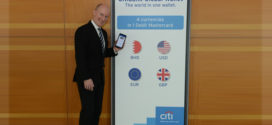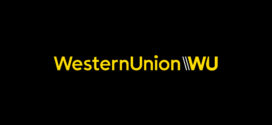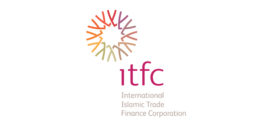- Trade finance continues to have a favourable risk profile when judged against comparable asset classes, such as corporate and small to medium-sized enterprise (SME) lending.
- Low-risk nature of trade finance remains despite ongoing industry changes, including the slowdown in global trade, fall in commodity prices, and gradual shift of corporates towards open account.
- Data provides a strong empirical basis to consider the appropriate treatment of trade finance by the Basel Accords, given its low risk profile.
- The Trade Register remains the authoritative source of data and analysis on trade finance, with continuing efforts enhancing the quality and robustness of the project, including data collection and filtering, analytics, and related advocacy.
Data from the International Chamber of Commerce’s (ICC) Trade Register, now in its sixth year, shows the low risk nature of trade finance when judged against comparable asset classes, such as corporate and small to medium-sized enterprise (SME) lending. Covering US$9.1 trillion of exposures and 17 million transactions – more transactions than ever before – the data continues to verify that trade finance presents banks with little credit risk – across major products and regions.
The Trade Register highlights that short-term products are particularly low risk, citing the default rate (weighted by exposure) at 0.08% for Import Letters of Credit (L/Cs), 0.04% for Export L/Cs, 0.21% for Loans for Import/Export and 0.19% for Performance Guarantees.
Medium and long-term products also prove low risk for banks – in-part driven by the fact that in-scope transactions are covered by OECD-backed Export Credit Agencies (ECAs), at up to 95% of their value. The average default rate of medium and long-term trade finance is 0.44%, with a loss given default of 5.3%. This, in turn, drives an expected loss of 0.024%.
While the latest data reveals a slight upward trend in default rates from 2013 onwards – due to a mix of one-off events, such as the default of a large importer, and more systemic factors – the overall trend still confirms the low risk nature of trade finance.
“The Trade Register aims to objectively further increase the attractiveness of trade finance to banks, and in turn, benefit global trade and financial inclusion,” says Daniel Schmand, Chair of ICC Banking Commission. “It also confirms that trade finance should be increasingly recognised as a reliable asset class by institutional investors, with scope for high yields and low volatility.”
The ICC also welcomed two new partners to the Trade Register project this year, The Boston Consulting Group (BCG) and Global Credit Data (GCD), with the aim of bringing further strategic insight, analytics capabilities and industry expertise to the report. Looking forwards, the Trade Register project aims to extend to benefit participating banks and institutions, the wider trade finance industry, and international commerce. In doing so, it will expand its product and risk coverage, while also developing advocacy campaigns beyond those aimed at the Basel Committee.
“Year on year the Trade Register has demonstrated the low credit default risk nature of trade finance instruments,” says Alexander Malaket, Chair of the Trade Register Project and Deputy Head of the Executive Committee of the ICC Banking Commission. “Trade finance is crucial to global trade flows, which in turn are the driving force behind global economic growth across industries and markets. This is precisely why we continue to enhance the quality and the robustness of the data and related advocacy, aiming to provide objective data for discussions between regulators and industry stakeholders.”
In particular, ahead of the Basel Committee’s meetings to finalise the “Revised Standardised Approach” and the package of reforms to “Reduce excessive variability in risk-weighted assets (RWA)”, the results of the 2016 Trade Register – drawing on data from 25 member trade and export finance banks – provide a strong empirical basis to consider an even more favourable treatment of trade finance as an asset class by the Basel Accords.
Download Report
About the International Chamber of Commerce (ICC)
The International Chamber of Commerce (ICC) is the world’s largest business organization with a network of over 6.5 million members in more than 130 countries. We work to promote international trade, responsible business conduct and a global approach to regulation through a unique mix of advocacy and standard setting activities—together with market-leading dispute resolution services. Our members include many of the world’s largest companies, SMEs, business associations and local chambers of commerce.
 Cash And Trade Magazine For Cash and Trade professionals in the Middle East
Cash And Trade Magazine For Cash and Trade professionals in the Middle East





